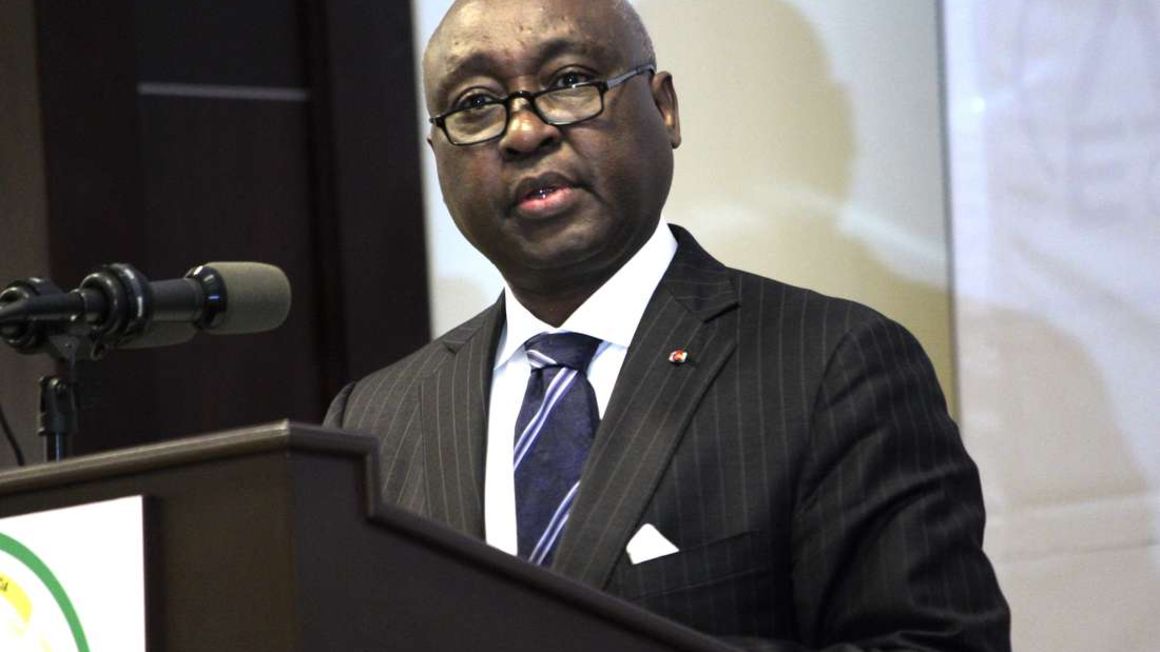KABERUKA: We need $12b; we cannot wait for charity as we did with HIV
December 15, 2020
In an interview with Berna Namata, Dr. Donald Kaberuka, a member of the Covid-19 African Vaccine Acquisition Task Team, shares insights on Africa’s strategy.
Originally posted on: The EastAfrican
Africa needs at least $12 billion to implement its vaccine strategy to fully control the spread of the virus. How much progress has been made so far?
We are very pleased that the vaccines are becoming available but we are concerned about access to the vaccines and the logistics of their delivery.
If what we are hearing is true, that some of these vaccines require up to two doses, that means we will need close to two billion dozes in order to vaccinate 60 percent of the population in Africa.
There is still an argument among epidemiologists as to whether we only vaccinate 20 percent, that is people at higher risk and frontline health workers. But the Africa Centres for Disease Control and Prevention says to get to a solution, we need to vaccinate 60 percent of our people and that brings it to 1.2 billion dozes.
At the moment, the high income countries have pre-purchased the vaccines that are available; our first challenge is to get the vaccines from the manufacturers.
Secondly, we must find financing to acquire them. If the numbers I am giving you are confirmed, then we are talking about between $12 billion and $13 billion to vaccinate 60 percent of the population.
There is an initiative out there championed by Gavi – Covax, which requires $5 billion. Right now all they have is $2 billion, but even if they got to $5 billion, this means they can only vaccinate 20 percent of the population.
Third, find financing. This is why we are working on an African initiative led by the African Union to access the vaccines and find financing for it. This is where we are right now.
Most of the commitments under Covax to help low income countries access vaccines are non-binding. What options are available to ensure access?
There is an African initiative on the table and we are quite confident that it will work. Let me put it this way. We welcome Covax and we encourage those who can contribute to Covax to do so that we get $5 billion. We also welcome the initiative by the World Bank which has provided $12 billion to countries, however, it is important to understand that the $12 billion is new money and is additional. If it is taken from tuberculosis, malaria, HIV/Aids and water programmes, that will not do.
We proposed how the AU can work with the African Import Export Bank (Afrexim), and we can have our own third line of defence to ensure that we have access to vaccines and we can vaccinate up to 60 percent of the people. This proposal is on the table for governments to consider.
Specifically, how will this Afrexim initiative work?
I do not want to get into technical details. We have a proposal involving African governments accepting to take facilities from the bank and leveraging some of those resources to provide enough vaccines for the countries.
Those technical details are being currently discussed. We are building our own financing mechanism) so that we are not dependent on international charity as has happened in the past. When the HIV/Aids therapeutic solution became available, it took 10 years for Africa to have access because we were waiting for charity. And then, HIV/Aids became defined as an issue for low income countries and left for philanthropy, charity and development organisations.
I do not think we can afford that solution with Covid-19. The solution cannot be one where the definition of global health security is defined as a problem for the global south and therefore a solution must come from charitable, philanthropic organisations. Covid-19 is an issue of global health security and requires a global health solution via access to vaccines.
Share this article


